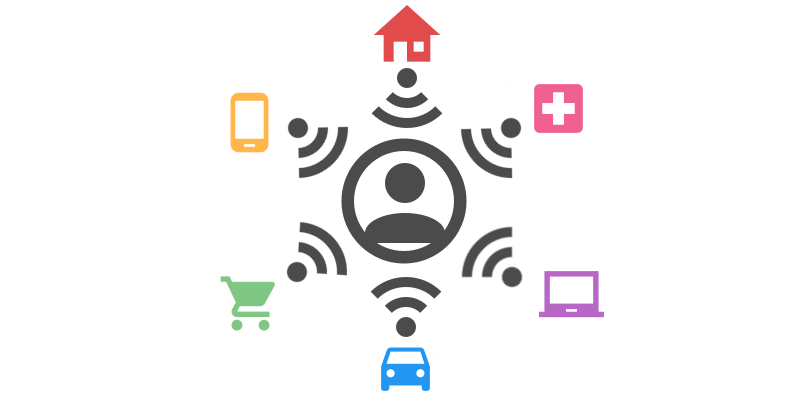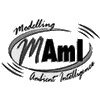
The Ubiquitous Computing (UC) idea envisioned by Weiser in 1991, has recently evolved to a more general paradigm known as Ambient Intelligence (AmI) that represents a new generation of user-centred computing environments and systems. These solutions aim to find new ways to obtain a better integration of the information technology in everyday life devices and activities.
AmI environments are integrated by several autonomous computational devices of modern life ranging from consumer electronics to mobile phones. Ideally, people in an AmI environment will not notice these devices, but they will benefit from the services these solutions provide them. Such devices are aware of the people present in those environments by reacting to their gestures, actions and context. Recently the interest in AmI environments has grown considerably due to new challenges posed by society, demanding highly innovative services, such as vehicular ad hoc networks (VANET), Ambient Assisted Living (AAL), e-Health, Internet of Things and Home Automation among others. The main focus of this edition of the UCAmI Conference will be "Ambient Intelligence: Sensing, Processing and Using Environmental Information".
Ambient Assisted Living (AAL) proposes solutions based on Information and Communication Technologies (ICT) to enhance the quality of life of elderly people. AAL promotes the provision of infrastructures and services for the independent or more autonomous living, via the seamless integration of info-communication technologies within homes and residences, thus increasing their quality of life and autonomy and reducing the need for being institutionalized or aiding it when it happens.
One natural and critical human need, where Ambient Intelligence can be used, is healthcare. In such a domain, ubiquitous systems can be used to improve quality of life of the people. While Ambient Intelligence in health applications is increasingly getting research momentum, it does not reach a level of maturity yet. Reasons for such deficiency include not only the challenges of understanding the health domain by computer scientists, but also the difficulty of dealing with a critical domain, where errors are unacceptable. In this sense, a track of Health is aimed at boosting this area of research by focusing not just on innovations on the infrastructure and technology required for achieving the ambient intelligence in health, such as smart environments and wearable medical devices, but also on the development of novel testing, verification and evaluation techniques that make possible the actual implementation of such innovations.







